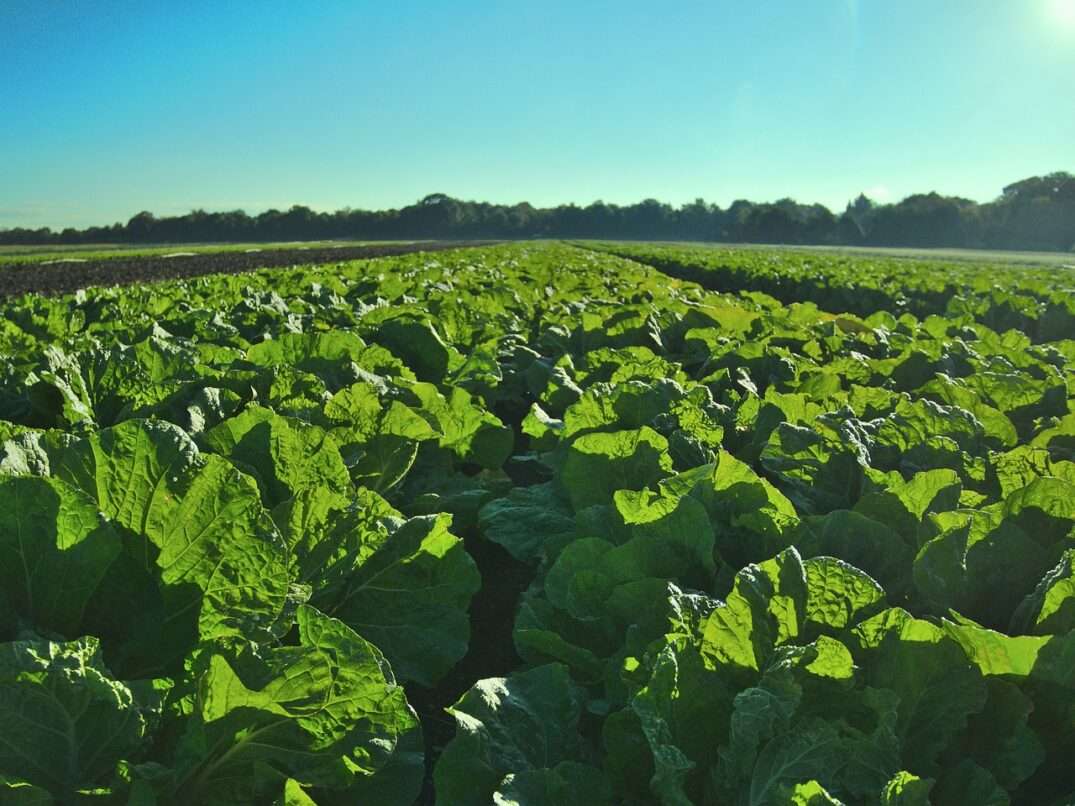What is Organic Farming?
What is Organic Farming? What are the benefits of producing crops or livestock by Organic Farming techniques?
These are some of the questions that are often asked and there is no easy, straight forward answer. There are so many production methods and techniques that a farmer can utilize to get his crop or stock to market and there are many hurdles to cross to even get certified before selling your product as ‘Certified Organic’.
In the past to be certified ‘organic’ you firstly needed to transition your land and production techniques, over a 3 year period, from a previous ‘non -organic’ status, if chemicals have been used in the past . Once all traces of unauthorized chemicals have been depleted from your farm ecosystem and you have met all the recommended guidelines and quality control measures that need to be implemented to be accredited, then you can be certified “Organic”.
In simple terms, this means if previously you have used non- organic chemicals, such as conventional fertilizers, pesticides and herbicides or growth hormones etc, then you have to do what is called a transition over 3 years to rid your soil from all of these chemicals. Once there is no residues found in your soil or livestock as determined by soil and plant tests you are ready to go. Over the years policies and standards change, so it is always best to check with your local governing body to confirm current trends and regulations.
As you cannot use these chemicals any more, you have use fertilizers such as green manure crops, rock salts, animal manures and other organic matter, fish solutions and seaweed extracts etc. Farmers also employ such techniques a tilling the soil, inter row cropping etc to remove weeds. They can also use crop rotations, beneficial insects, Integrated Pest Management and other methods to control pest and diseases. For livestock production, a farmer cannot make use of any artificial growth hormones or stock feed that is not organically produced. Genetically modified organisms (GMOs) are not allowed either on a Organic Farm system.
Certification means that the farm needs to undergo regular quality control checks by Authorized Organizations to ensure the product from the planting stage through to the point of sale to the consumer, has met all regulatory requirements. This involves documentation of all processes throughout all stages of the market chain have been kept and available for inspection.
So basically it is a new and total redesign of the whole farm activities and property planning systems, as well as, working with nature to ensure the final crop meets quality control stipulations. During the time of transition there is no extra income for the premium quality ‘Organic status’ and there are additional costs involved in setting up this farming system. To many this may appear daunting and not viable, but if one compares this to other farming issues such as pesticide and herbicide resistance and the destruction of soil fertility and structure, a farmer may decide there are advantages and benefits of converting over.
To learn more about Organic Farming and its benefits, together with real life stories from American farmers who have undertaken the journey to Organic Certification, click on the links below :-
https://sentientmedia.org/organic-farming/
https://theproducenews.com/organics/wada-farms-continues-grow-organics-segment
https://www.infonews.co.nz/news.cfm?id=125228
https://www.agriland.ie/farming-news/46-applications-for-organic-farming-scheme-in-first-week/
https://www.nrdc.org/stories/composting-101#whatis
https://asmitaorganicfarm.com/blogs/aof/organic-farming-method-india/

